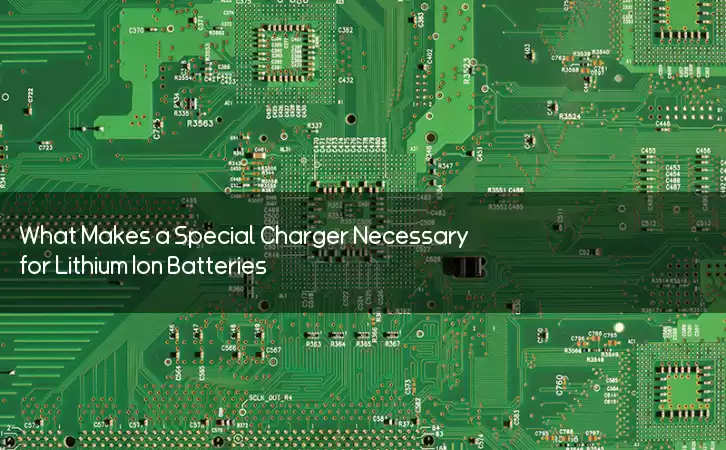Information Center
What Makes a Special Charger Necessary for Lithium Ion Batteries?
Published:2023-07-15 20:34:24 Author:Green WCND Views:26Lithium ion batteries have become increasingly popular in recent years due to their lightweight and high energy density. They are commonly used in electronic devices such as smartphones, laptops, and electric vehicles. While they offer many advantages, they also require specific charging methods to ensure their longevity and safety.

One of the main reasons why lithium ion batteries require a special charger is due to their chemistry. Unlike other types of batteries, they are more sensitive to high voltage and current. Overcharging can cause the battery to overheat and potentially explode. To prevent this, lithium ion batteries require a charging circuit that regulates the voltage and current to prevent damage.

Another reason why lithium ion batteries need a special charger is because they have different charging stages. Typically, a lithium ion battery will have three stages: the bulk charge, absorption charge, and float charge. Each stage requires a specific voltage and current level to ensure optimal charging and prevent overcharging. A special charger will be designed to recognize and adjust to these stages, providing the correct voltage and current at each stage.
It is also important to note that not all lithium ion batteries are created equal. Different devices may use batteries with varying chemistries and specifications. Therefore, it is crucial to use a charger that is compatible with the specific battery in question. Using the wrong charger can not only damage the battery but also pose a safety risk.
Moreover, it’s worth mentioning that some lithium ion batteries have built-in protection circuits that prevent overcharging, over-discharging, and short-circuiting. These batteries can only be charged with a charger designed to work with them, which is also referred to as a smart charger.
In summary, lithium ion batteries do need a special charger for several reasons. The charger must regulate the voltage and current to prevent overcharging and adjust to the different charging stages. It should also be compatible with the specific battery being used and any built-in protection circuits. By using the appropriate charger, you can avoid damaging the battery and ensure optimal performance and longevity.
IntroductionGolf carts serve as vital transportation tools on golf courses, and their performance and reliability are crucial for enhancing player experience an···
The battery pack is the heart of a golf cart, silently powering every acceleration and climb on the green. However, battery degradation often goes unnoticed, mu···
The battery pack is the heart of a golf cart’s power system, yet maintaining it has long been a challenge for technicians. Traditional troubleshooting methods—···
For golf course managers, ensuring smooth and efficient operations is crucial for providing a memorable experience for golfers and maintaining the reputation of···





